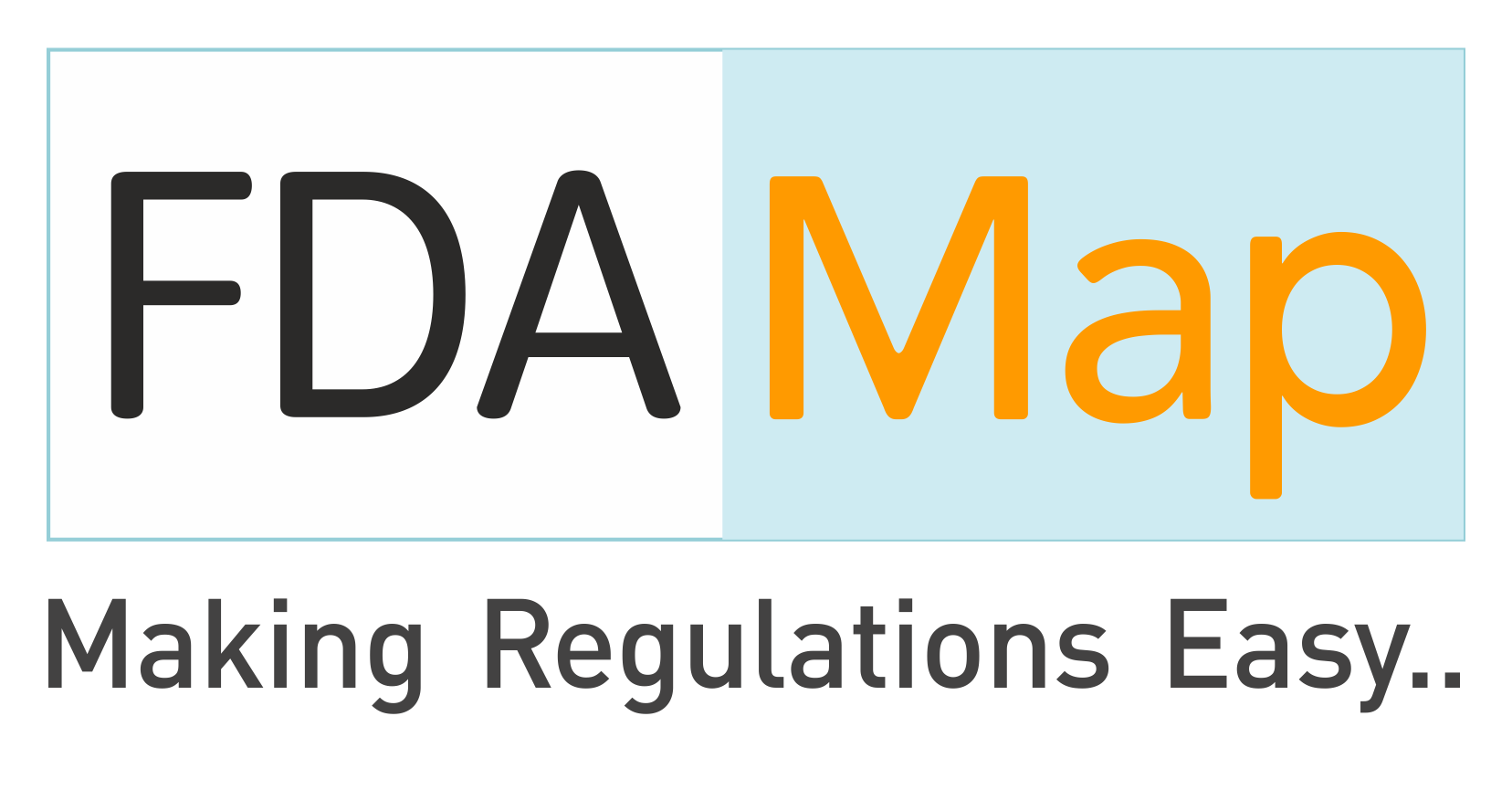Introduction
The landscape of clinical trials is rapidly evolving, with technology playing a pivotal role in optimizing processes, enhancing efficiency, and improving patient outcomes. Traditional clinical trial management has faced challenges such as high costs, slow recruitment, compliance risks, and data inefficiencies. However, AI, automation, decentralized trials, wearable technology, and blockchain are revolutionizing clinical research, making trials smarter, faster, and more reliable.
At FDAMap Clinical, we embrace cutting-edge digital solutions to streamline trial management, ensuring regulatory compliance, data security, and operational efficiency. In this blog, we will explore key technologies transforming clinical trial management and how they contribute to better trial outcomes.
1. The Need for Technology in Clinical Trial Management
Clinical trials often face significant bottlenecks that delay research timelines and increase costs:
Lengthy Timelines – Clinical trials can take 6-8 years from Phase I to final approval.
High Costs – Drug development costs can exceed $2.6 billion due to operational inefficiencies.
Recruitment & Retention Issues – 80% of trials experience delays due to patient enrollment challenges.
Regulatory & Compliance Risks – Managing complex FDA, EMA, and global regulatory requirements is difficult without automation.
Data Integrity & Security – Manual data entry increases the risk of errors and compliance violations.
To address these issues, technology-driven solutions are being integrated to optimize every aspect of clinical trials.
2. Key Technologies Transforming Clinical Trial Management
A. AI & Machine Learning for Predictive Analytics
How It Works:
AI-powered algorithms analyze patient data, optimize site selection, and predict trial outcomes. By using machine learning models, researchers can make data-driven decisions at every trial phase.
✔ Faster Patient Recruitment – AI matches eligible participants to trials using electronic health records (EHRs).
✔ Smarter Trial Design – AI simulates various trial designs to predict success rates before launch.
✔ Automated Data Processing – AI improves data accuracy and reduces errors in clinical documentation.
Example: Studies show that AI-driven patient recruitment strategies can reduce enrollment time by 50%, leading to faster trial completion.
B. Wearable Technology & Remote Monitoring for Real-Time Data Collection
How It Works:
Wearables such as smartwatches, biosensors, and mobile health apps collect real-time physiological data from participants, reducing the need for frequent in-person visits.
✔ Improved Patient Compliance – Wearable devices enable remote participation, reducing dropout rates.
✔ Real-Time Monitoring – Allows continuous tracking of heart rate, glucose levels, and vital signs.
✔ Enhanced Data Accuracy – Eliminates human errors associated with manual data entry.
Example: Decentralized trials using wearable technology have shown 40% fewer site visits and a 30% increase in data accuracy.
C. Decentralized Clinical Trials (DCTs) & Virtual Site Monitoring
How It Works:
Decentralized trials allow patients to participate remotely using telemedicine, mobile apps, home visits, and electronic consent (e-Consent).
✔ Expanded Patient Access – No geographic restrictions, enabling diverse and larger participant pools.
✔ Lower Costs – Eliminates travel expenses and reduces site management costs.
✔ Increased Retention – More patient-friendly, leading to higher adherence.
Example: A decentralized Phase II trial for rare disease research increased retention rates by 25% and cut recruitment costs by 30%.
D. Blockchain for Secure Data Management & Compliance
How It Works:
Blockchain technology secures patient data, ensures data transparency, and prevents unauthorized modifications.
✔ Immutable Data Storage – Protects clinical trial records from tampering.
✔ Regulatory Compliance – Meets FDA & GDPR data security standards.
✔ Secure Patient Enrollment – Encrypts patient consent and trial records.
Example: Blockchain-based trial management has reduced data discrepancies by 90% and improved regulatory reporting efficiency.
E. Cloud-Based Electronic Data Capture (EDC) & Analytics
How It Works:
EDC systems store, manage, and analyze clinical data in the cloud, allowing real-time access for researchers, sponsors, and regulators.
✔ Faster Data Access – Real-time monitoring and automated reporting.
✔ Automated Data Validation – Reduces manual errors and improves audit readiness.
✔ Seamless Integration – Links multiple trial sites and stakeholders.
Example: Cloud-based EDC platforms accelerate trial timelines by 40% and improve data quality by 35%.
3. The Future of Tech-Enabled Clinical Trials
🔹 AI-Powered Drug Discovery – Predicting potential drug candidates faster than traditional methods.
🔹 IoT & Smart Devices – Expanding patient data collection beyond clinical settings.
🔹 Virtual Reality (VR) in Trials – Simulating medical conditions for drug testing.
As technology continues to evolve, clinical trials will become more adaptive, cost-efficient, and patient-friendly, leading to faster drug approvals and better healthcare outcomes.
4. How FDAMap Clinical Leverages Technology for Smarter Trials
At FDAMap Clinical, we integrate AI-driven analytics, decentralized trials, cloud-based data management, and secure blockchain solutions to optimize trial efficiency, regulatory compliance, and patient safety.
Our Tech-Driven Solutions:
✔ AI-Powered Patient Recruitment & Site Selection
✔ Wearables & Remote Patient Monitoring
✔ Decentralized Trial Implementation & eConsent
✔ Blockchain Data Security for Compliance
✔ Cloud-Based EDC for Real-Time Data Management
With over 20 years of regulatory expertise and 100+ FDA approvals, we help sponsors navigate complex clinical trials with precision and speed.
Contact us at info@fdamapclinical.com to explore how technology can streamline your clinical trials and improve efficiency.
Partner with us for smarter, tech-driven clinical trial management!
Final Thoughts: Embrace Innovation for Better Trials
The future of clinical research is digital. Embracing technology-driven solutions in clinical trials leads to faster approvals, cost savings, better patient engagement, and more reliable data.
Whether you’re a pharmaceutical company, biotech firm, or research institution, now is the time to leverage technology for smarter clinical trial management.
Are you ready to future-proof your clinical trials? Let’s build a smarter, data-driven research strategy together!
